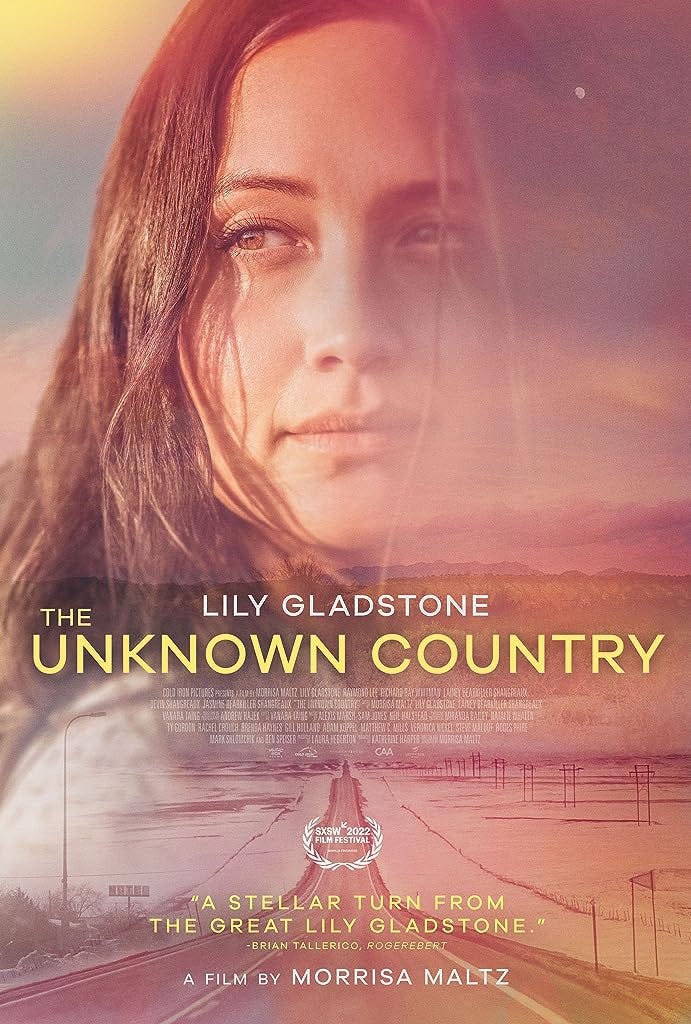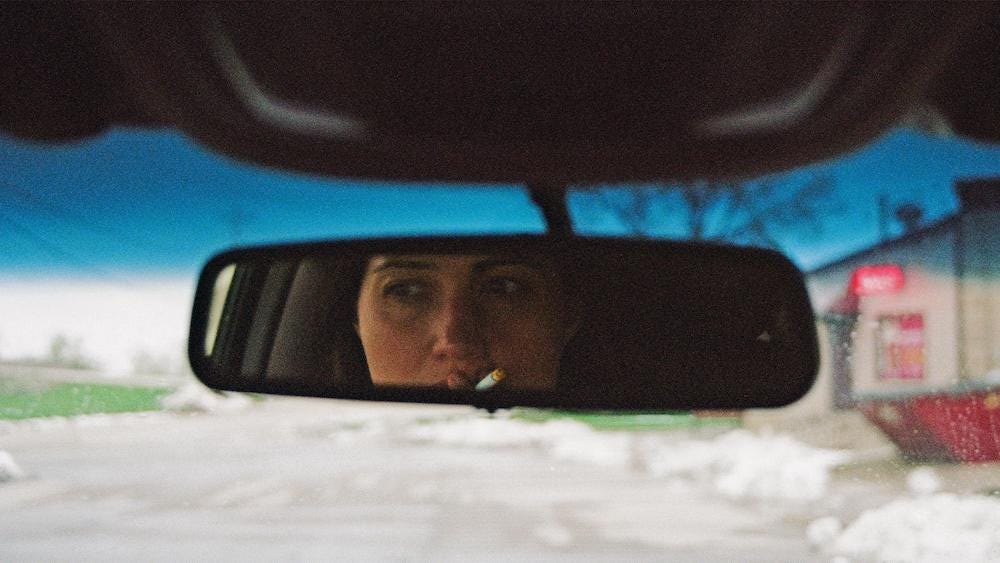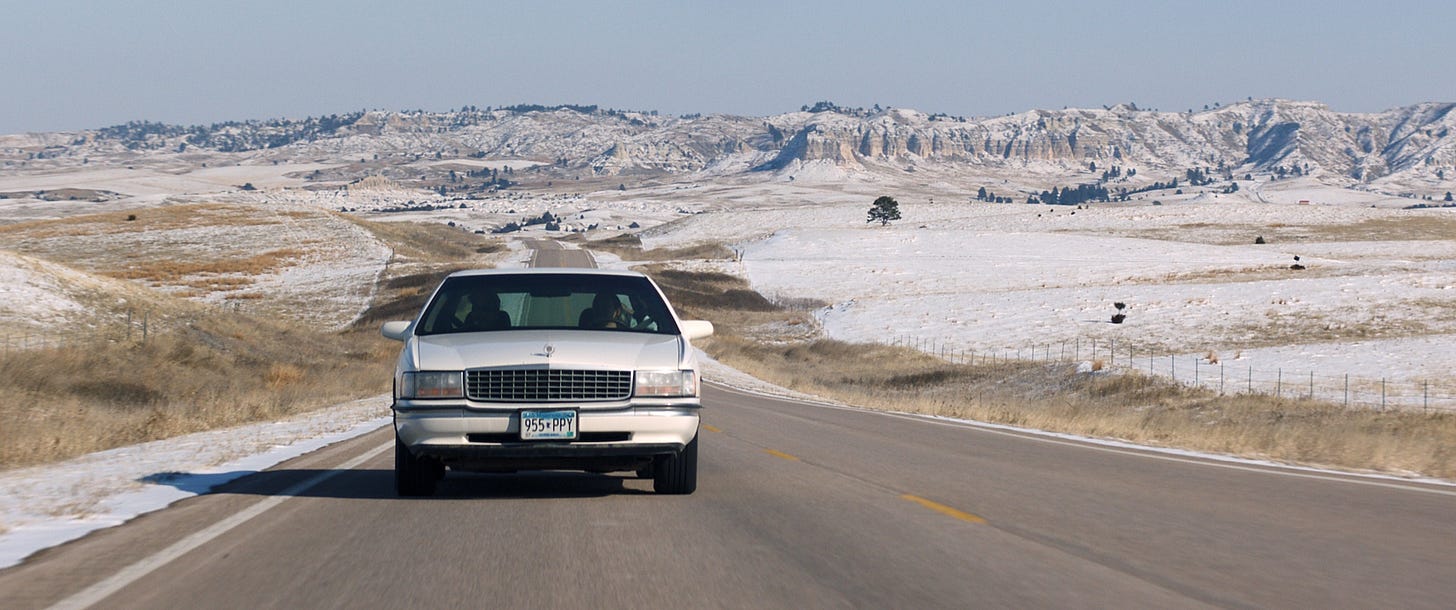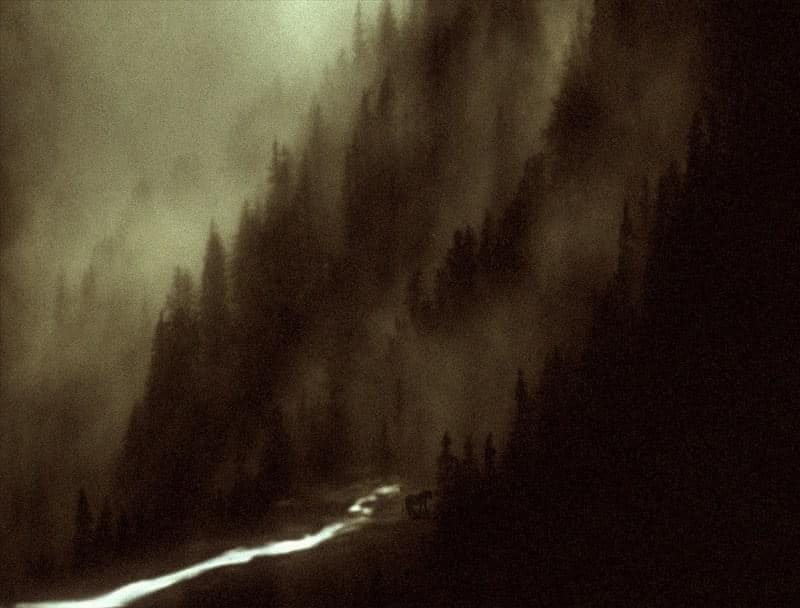Movie Recommendation: The Unknown Country
Dir. Morrisa Maltz, 2023 | And some brief updates
I don't watch movies with the mindset of providing a critical review or seeking movies to write about. Rather these recommendation posts reflect moments I finished watching a movie and felt driven to tell the world about it!
I only recommend movies I'm excited about and eager for you to see.
I haven’t done a Movie Recommendation since January, but that doesn’t mean I haven’t seen movies I’d like to recommend. A couple of months ago I saw Akio Jissôji’s Buddhist Trilogy on Mubi and wanted to rave about it here, but the initial draft got to longform film critical essay format and I wasn’t able to finish it. Suffice to say, it’s pure cinema, and every person with a strong stomach for challenging work should see it. De Humani Corporis Fabrica is thus far my favorite film of the year, and the Pakistani movie Joyland is great.
I have a long read coming out on the STSC Substack next week, and I’ve kept up my commitment to releasing one Symposium piece for the STSC per month. The most recent theme was “Isolation”, please check it out.
In more independent work news, I’m chest-deep in pre-production for a narrative horror short film entitled Shroomery while building out a festival release strategy for Ominous Horizon, and I have a website now.
Please keep watching this space, as in addition to referring you to aspirational works of quality cinema, I’m building out the platforms to show you some work of my own.
I’m a sucker for American independent movies that present real American characters and real American culture. Oftentimes though, American indies focus on coming-of-age narratives or “the dark side” of the United States and its history. The Unknown Country is filled with real love and beauty in its vision of the American people and its landscapes.
Taking the form of the distinctly American genre of the road-trip movie, it follows a young Lakota woman named Tana as she visits her family in South Dakota on her way to recreate a photograph of her recently deceased grandmother in Texas. Along the way she is burdened by grief for her last grandmother and the dissonant atmosphere of political radio jabbering oftentimes incoherent words of stress and anxiety.
However, as she travels, Tana is supported by caring, earnest family members who are excited to see her and provide her the wisdom necessary to journey on, and a variety of open-hearted, optimistic people with stories of love of connection they’ve made in their lives. Most of these characters are named after the performers and in some cases the movie switches over into documentary to tell small, delightful vignettes of lovers found, mysterious kindnesses, the power of dancing, and finding life’s purpose.
But it’s not a naive movie. Tana still deals with the dangers and anxieties of being a woman alone on the road, the uncertainty of how to hold on to her history and identity, and discovering what she’s inherited from her sacrifice of being a caretaker to her grandmother.
Outside of the storytelling, it’s just a delightful movie to watch. The locations are cut right down the center of the contiguous 48 from snow-swept to desert plains. Some sequences seem taken right out of a Terrence Malick movie. The roads both feel full of meaning and containing a lonely emptiness. Much of this movie you could watch with the sound turned off, or listen to with your eyes closed.
A particular aspect I personally liked is that it was a Native American story that showcased Lakota families showcasing joy, culture, and agency without exclusively focusing on trauma. A lot of the bid to show more diverse storytelling in American cinema has resulted in a relentless deluge of movies showing minorities suffering. It’s also important to show people thriving, and The Unknown Country shows a positive vision of people Lakota and otherwise finding out how to thrive in the American landscape in their own small ways.
It is, in short, a desperately needed optimistic vision of America’s future and the handing down of rich cultures to a new generation.
A side note: there’s literally only one scene that involves scrolling through a cellphone. That scene is also lit in a sickening neon green from a hotel window. Much of the movie is filled with dancehalls and local fairs, tactile family albums of actually printed photographs, and gas station conversations of passersby.
To me, the effect is of the movie saying, “If you’re looking for connection and meaning in today’s fragmented society, get off the cellphone and hit the road.”
See more of my movie recommendations here:
Movie Recommendation: Sleep Has Her House
I don't watch movies with the mindset of providing a critical review or seeking movies to write about. Rather these recommendation posts reflect moments I finished watching a movie and felt driven to tell the world about it! I only recommend movies I'm excited about and eager for you to see.
Movie Recommendation: The Whale
I don't watch movies with the mindset of providing a critical review or seeking movies to write about. Rather these recommendation posts reflect moments I finished watching a movie and felt driven to tell the world about it! I only recommend movies I'm excited about and eager for you to see.
Movie Recommendation: Unconformity
I don't watch movies with the mindset of providing a critical review or seeking movies to write about. Rather these recommendation posts reflect moments I finished watching a movie and felt driven to tell the world about it! I only recommend movies I'm excited about and eager for you to see.










